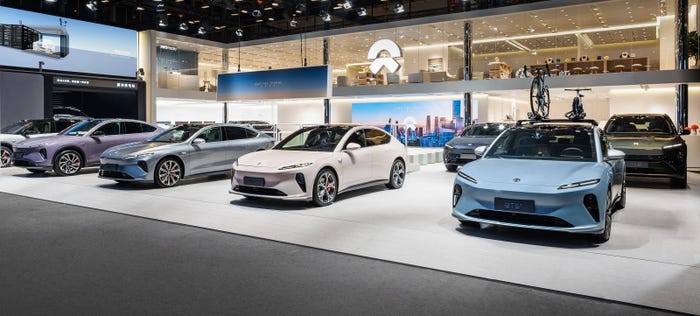Many Near-, Non-Prime Credit Customers Confused About Auto Loan Process
Car ownership can improve job and earning potential, according to Open Lending study.

Now’s the time for F&I managers and dealers to educate shoppers with near- and non-prime credit (generally below 660). segments about the positives of auto loans and car ownership. As employees return to their workplaces, reliable vehicle transportation is critical, especially for those who otherwise rely on public transportation.
A study by Open Lending finds that vehicle access affects job and earning potential. The 1,347 employed study respondents included 597 car owners and 750 non-car owners. The study responses are the basis for analysts’ examinations of barriers to car ownership, misperceptions around the lending process and opportunities for lenders to expand their customer base by reaching those who believe they can’t afford a car.
“For lenders, these findings illustrate the transformative power of more accessible auto loans. There’s virtually no aspect of daily life that isn’t impacted by lack of vehicle access,” says Matt Roe, chief revenue officer at Open Lending. “By taking steps to put auto loans within reach for more Americans, lenders can improve quality of life and livelihoods across underserved populations while also enhancing the loan experience for these underserved populations.”
Open Lending executives note these five key themes from the survey:
Access misconceptions. As is well known, affordability issues stop people from purchasing cars. Vehicle affordability is a widely cited issue across income levels: 52% of Gen Zers and 50% of millennials say they can’t afford a car, regardless of annual earnings.
Car-buying complexity. For many non-car owners, getting approved for an auto loan lacks clarity, with just 11% of respondents saying they perceive the car-buying process as “extremely transparent.” By contrast, more than one-third of non-owners (35%) said they viewed the process as either “mostly” or “extremely opaque.” At the same time, 83% said they would return to lenders for other purposes if they had a positive auto loan experience.
The professional toll. A majority of non-car owners said owning a car would improve their job performance, with 64% saying they felt their earning potential would increase with access to a vehicle. It’s more than a gut feeling: 55% of non-car owners have had to turn down a better job or promotion due to not owning a car.
Ownership impacts. When asked to explain in their own words how vehicle ownership would most change their lives, respondents widely cited flexibility, financial gains and independence as life-changing benefits of car ownership.
A discrepancy in equitable opportunities. Non-car owners reported a slew of personal and professional inconveniences and hardships. 60% of non-car owners said essential tasks and errands are more challenging without a car, while 48% said not having a car makes it difficult to spend time with family and friends.





